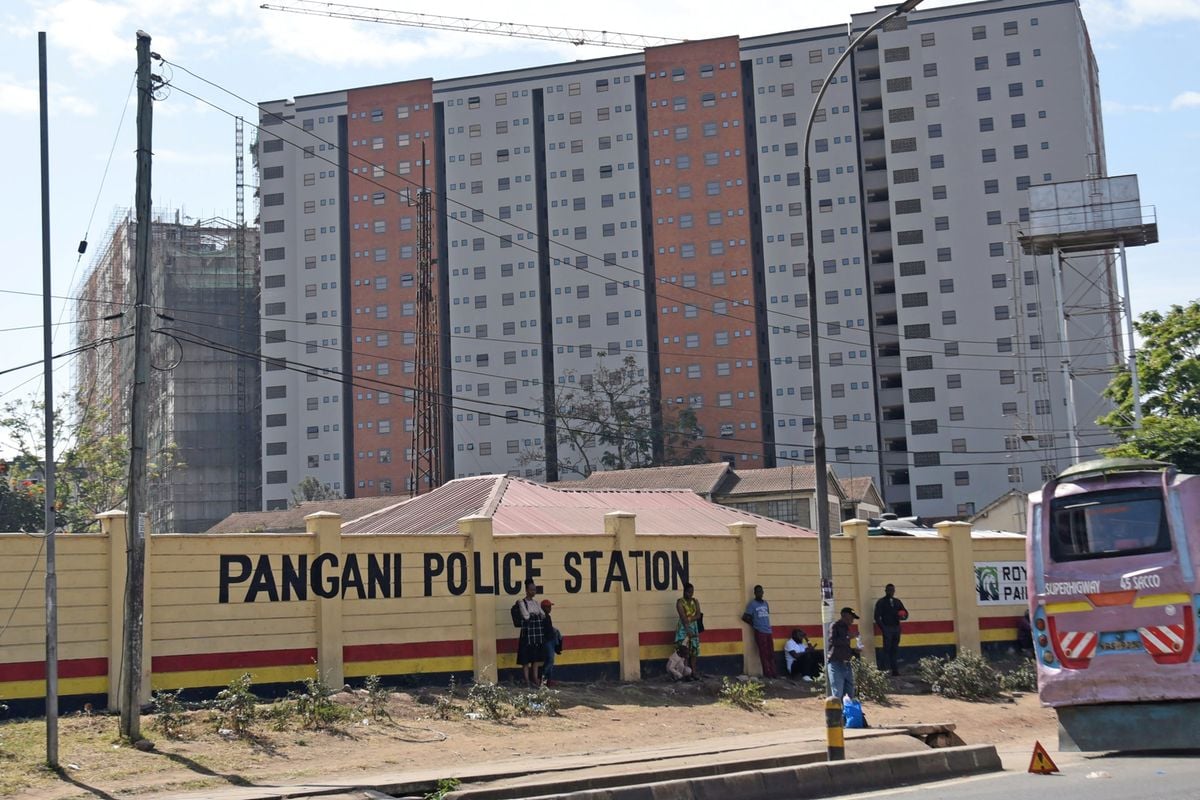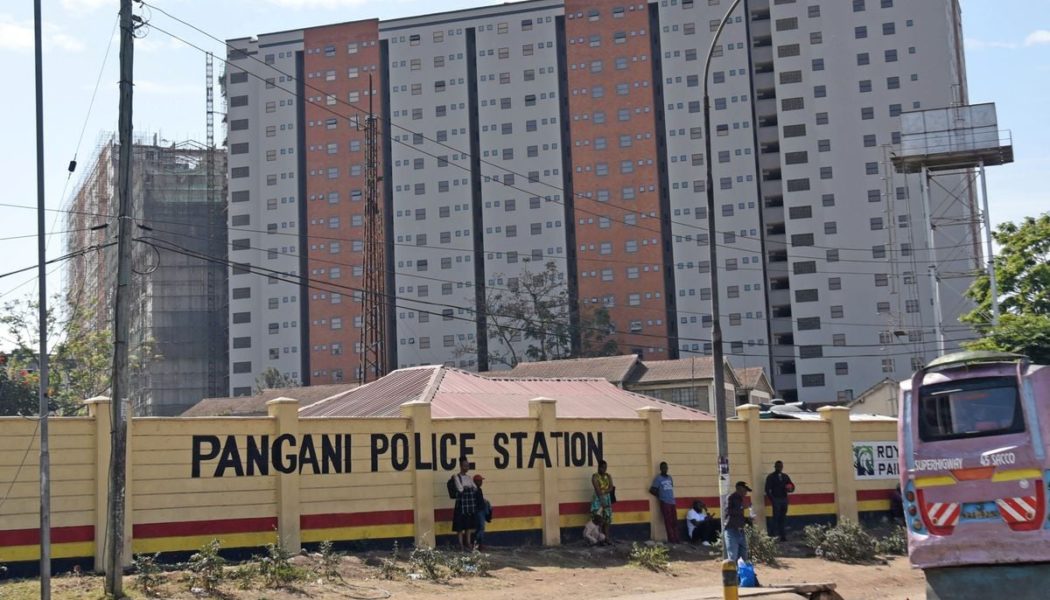
The growth of house sale prices in Nairobi slowed down in the first quarter of the year as the high cost of credit hit demand from home buyers.
Rental asking prices also expanded at a slower pace despite the fall in inflation during the period, indicating that the tough economic conditions are still weighing on the spending power of Kenyans.
A quarterly property index released by real estate firm HassConsult shows that house prices in the city and its satellite towns grew by 2.7 percent in the quarter, compared to 4.1 percent in the fourth quarter of 2023. Rents grew 0.4 percent, compared to 2.5 percent in the previous quarter.
The average price of mid- to upper-class properties in the city, covering all property types, stood at Sh35.9 million at the end of March 2024, according to the HassConsult data.
The average value of a four- to six-bedroom property stood at Sh39.7 million, while that of a one- to three-bedroom property was Sh13.1 million.
“The rise in asking prices moderated in the first quarter of the year as credit conditions tightened following the increase in the CBK’s base lending rate to 13 percent, which has had the effect of sweeping liquidity from the market,” said HassConsult head of development, consulting, and research Sakina Hassanali.
“Although inflation has fallen since the beginning of the year, the economy remains generally subdued, muting growth in rental yields to 6.9 percent in March from 6.7 percent in December 2023.”
The cost of bank credit rose in the quarter on the back of an increase in the base rate by the Central Bank of Kenya (CBK) to 13 percent in its February 2024 Monetary Policy Committee meeting, from 12.5 percent in December, and 10.5 percent in October 2023.
The rate increases were put in place by the CBK in an effort to bring down inflation and help the shilling reverse its depreciation against the dollar.
Banks in turn increased the cost of money in the economy, adjusting their lending rates in line with that of the CBK.
For property developers, a rise in the cost of credit directly impacts their pricing of property coming onto the market, since they have to service loans incurred when putting up the houses.
Buyers who rely on bank financing to make home purchases also face the direct impact of the adjusted rates.
In the suburbs, the highest price increase was seen in Ridgeways and Loresho at 2.9 percent and 2.7 percent, respectively, while in satellite towns, the top performing areas were Juja at 3.4 percent, Ngong at 2.7 percent, and Limuru at 2.2 percent.









